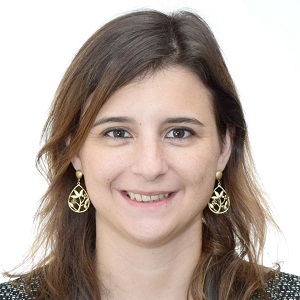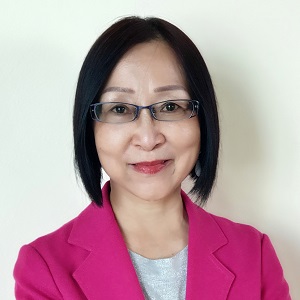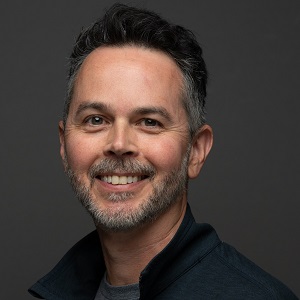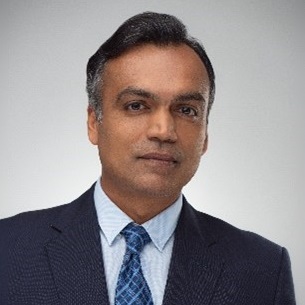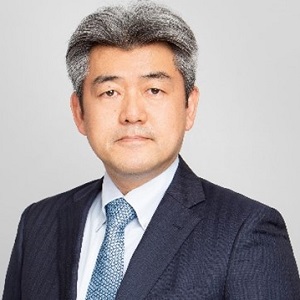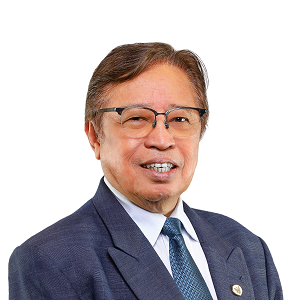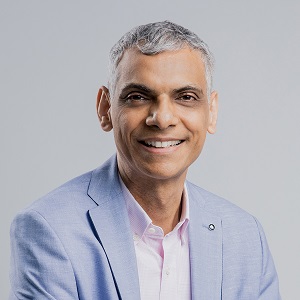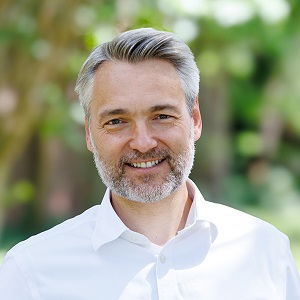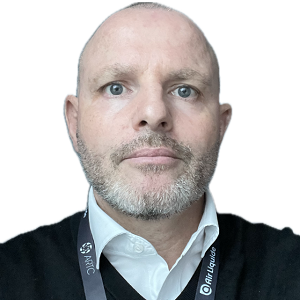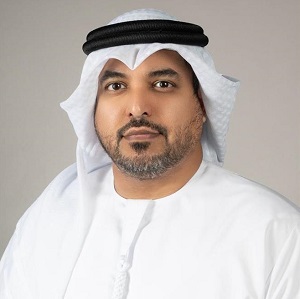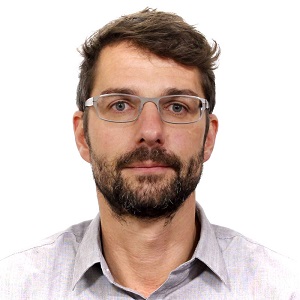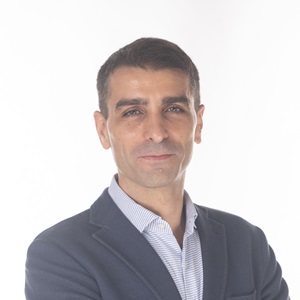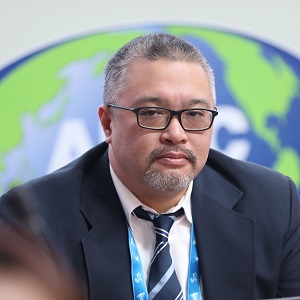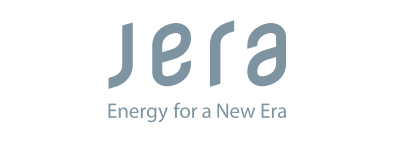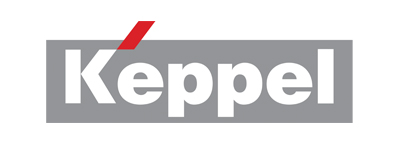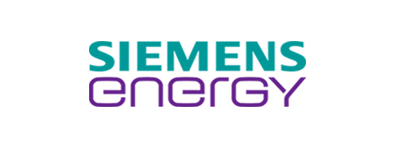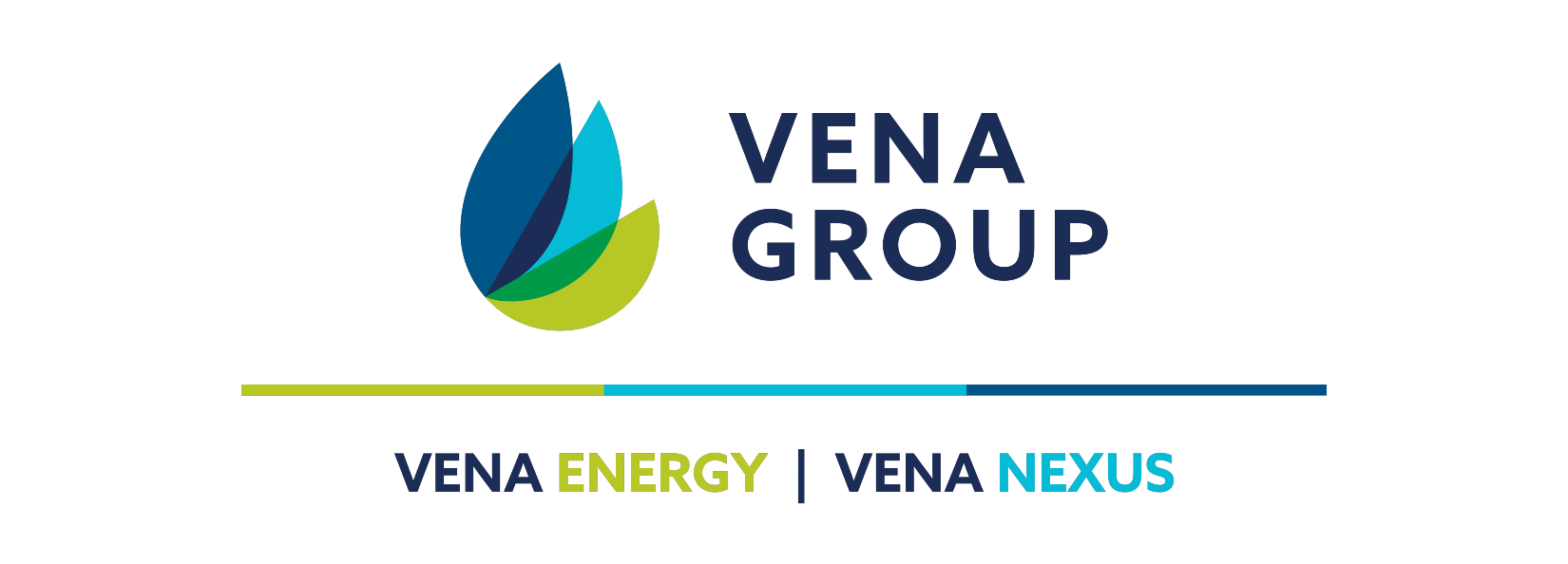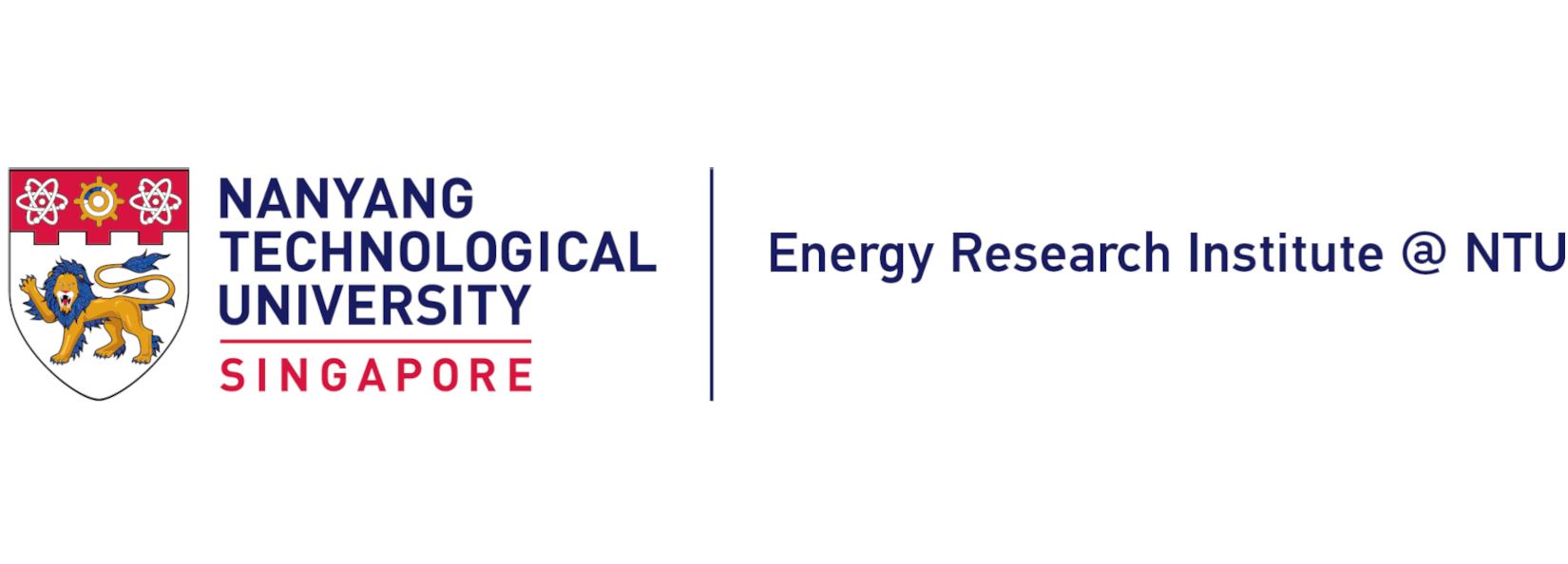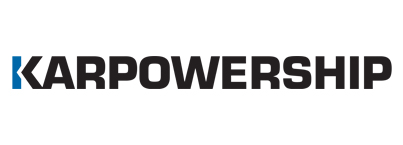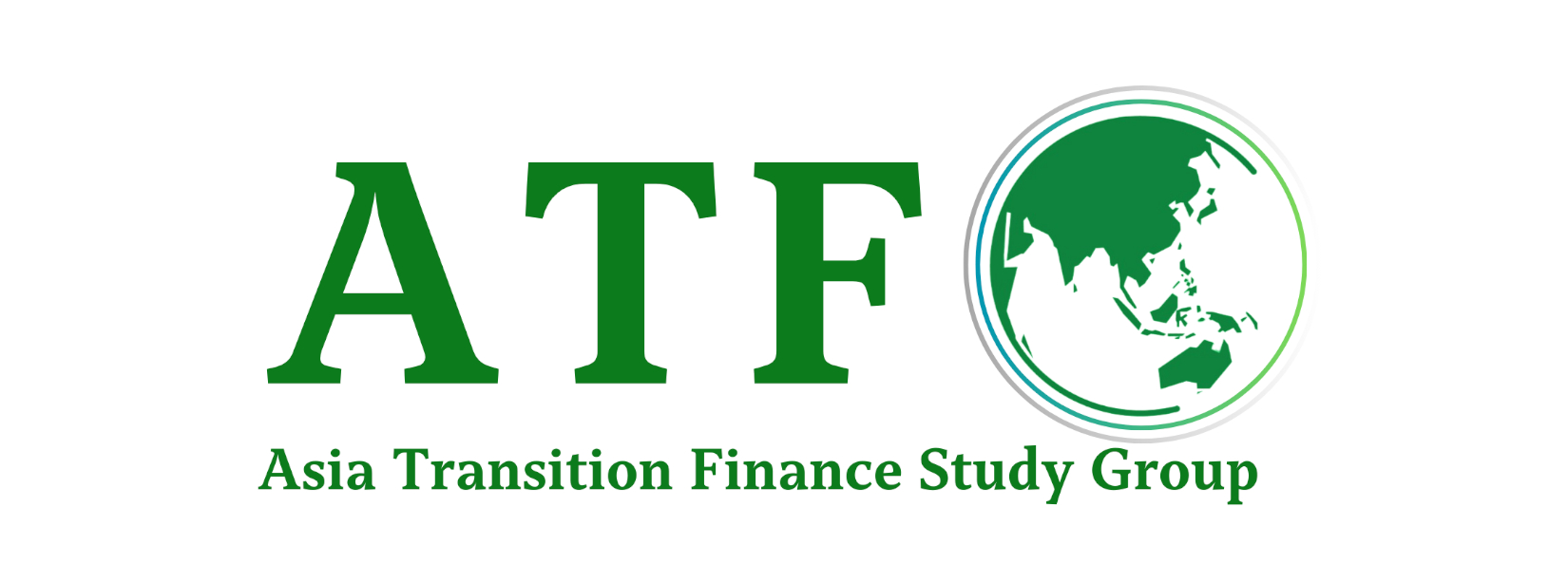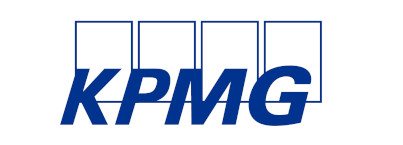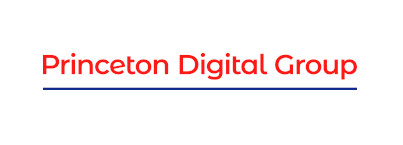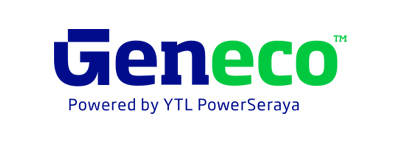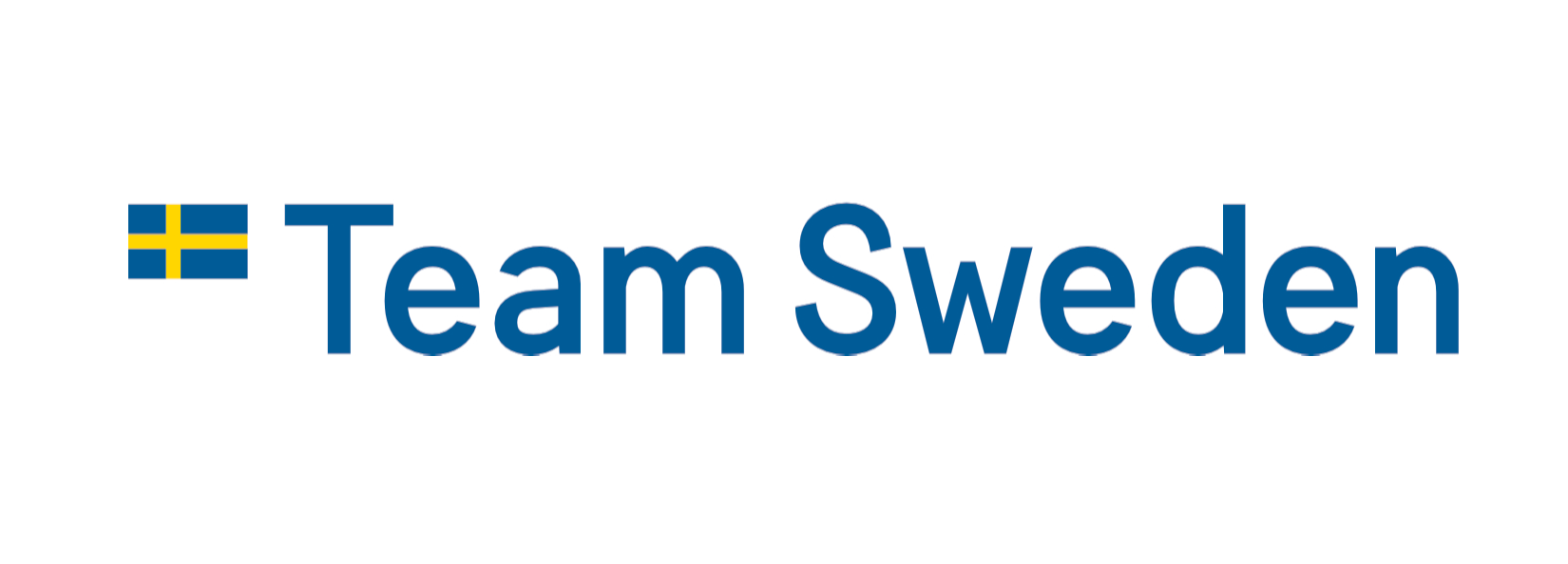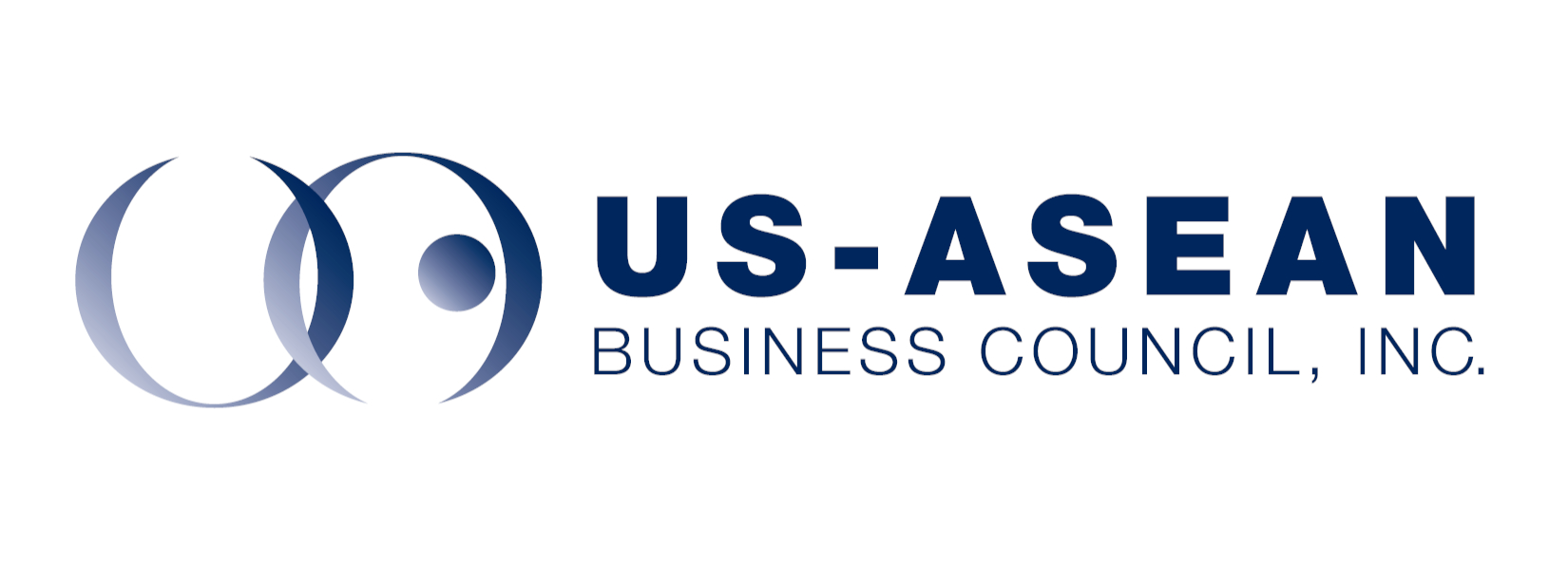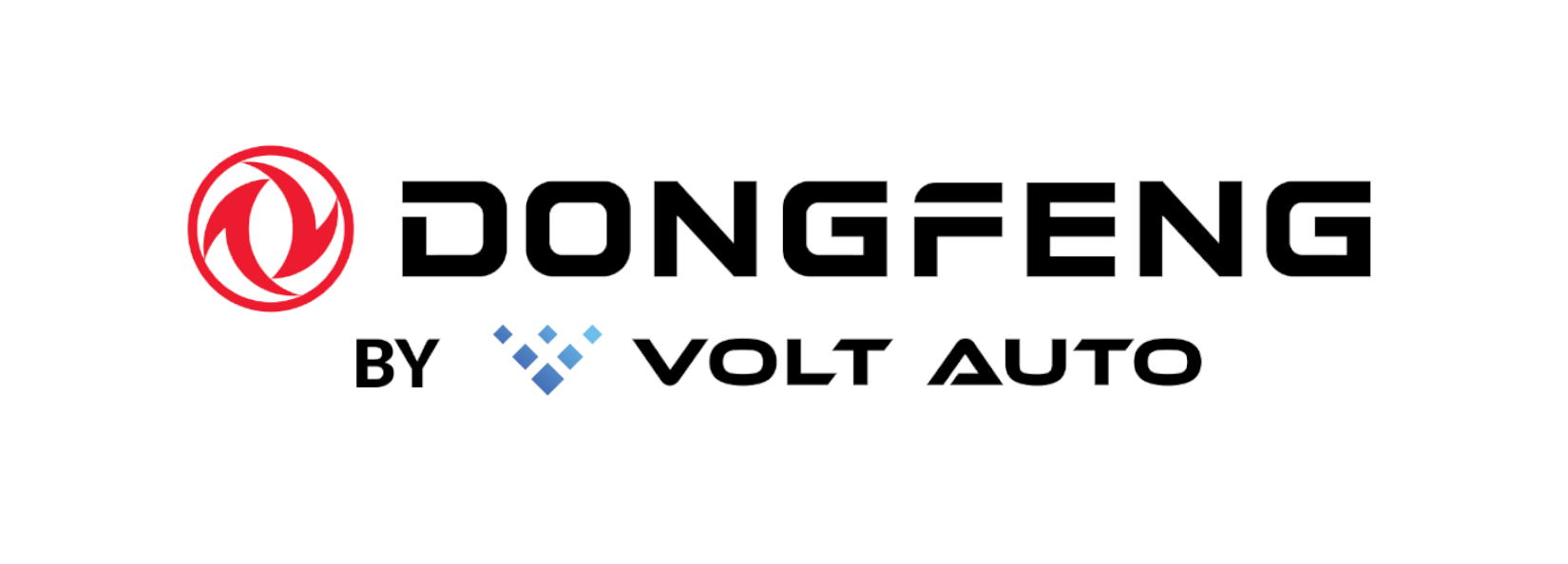SIEW TechTable
| Organiser | Energy Market Authority |
| Date | 29 Oct 2025, 14:00 - 17:00 hrs |
| Venue | Level 4, Melati Ballroom, Sands Expo and Convention Centre, Singapore |
Qualified for 3 PDUs by Professional Engineers Board (PEB)
SIEW 2025 is Powered by Renewable Energy Certificates (RECs) provided by Geneco
The global energy landscape continues to evolve amid urgent demands for decarbonisation and technological innovation. As we navigate complex challenges of energy security, market volatility, and climate imperatives, the deployment of low-carbon technologies has become increasingly critical.
How can we accelerate the scaling and implementation of breakthrough solutions—from hydrogen and ammonia to sustainable aviation fuels (SAF) and smart grids? The path forward requires strategic investment in proven technologies while advancing frontier innovations in nuclear energy, carbon capture, and AI-enhanced infrastructure to build more secure and sustainable energy systems.
SIEW TechTable 2025 will convene global technology pioneers, energy innovators, and policy leaders to address these pressing questions. The programme will examine practical pathways for deployment, emerging technological trends, and critical investment frameworks needed to drive the clean energy transition. Key focus areas include enhancing regional energy interconnectivity, enabling decarbonised transport solutions, and developing resilient grid infrastructure.
Through collaborative dialogue across industry, research, and government stakeholders, SIEW TechTable 2025 aims to bridge the gap between innovation and implementation—creating actionable frameworks to realise tomorrow's energy systems while advancing concrete solutions today.
Programme
Presented by

In today's rapidly evolving energy landscape, managing and balancing supply and demand presents significant challenges. Smart grids are essential in addressing these challenges by efficiently routing electricity from generation sources with available capacity to areas experiencing demand, all based on real-time data. The integration of renewable energy into the grid further complicates this task, as it requires meticulous management of power quality and coordination with other grid devices. Without effective solutions, the risk of poor power quality and unsynchronised operations could undermine grid stability. Moreover, ensuring the reliability of the grid is crucial, especially for critical loads such as data centers, where any downtime can have severe consequences.
3M uses cutting-edge materials science to help accelerate energy security across the value chain – from energy generation to transmission, distribution and consumption. 3M is committed to advance innovative solutions to energy grid challenges including connecting solutions for underground grids, sensing solutions that measure key parameters of the grid, and emerging solutions designed to assess the condition of grid assets, allowing for proactive maintenance and issue resolution. Through these efforts we can assist users in gathering critical data, managing the quality of power, and ensuring the reliability and resilience of the grid.
Speaker:
Presented by:
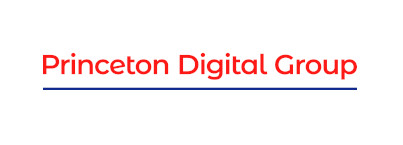
As digital infrastructure expands across Asia Pacific; data centers are becoming key players in the region’s energy future. This panel explores how Princeton Digital Group is partnering with regional energy bodies to manage rising demand, support grid modernisation, and accelerate energy transition. Leaders will share insights on investment and innovation needed to ensure sustainable, resilient growth in the digital economy.
Key Discussion
- Forecasting and managing digital energy demand in high-growth markets
- Grid modernisation and the role of flexible, responsive data center infrastructure
- Public-private collaboration for renewable energy integration and energy transition
- Case studies from leading Asia Pacific markets
Ammonia is emerging as a critical enabler in the clean energy transition, yet challenges remain across its value chain — from large-scale production and safe handling to infrastructure readiness and end-use applications. In Singapore, a key maritime and energy hub, these challenges are matched by unique opportunities: leveraging existing bunkering expertise, building regional supply chains, and meeting growing clean power demands from sectors like data centers and heavy industry. As the nation advances its net-zero ambitions under the Singapore Green Plan and Maritime Decarbonisation Blueprint, ammonia’s potential to serve as both a direct fuel and a hydrogen carrier offers a compelling pathway to accelerate Decarbonisation.
Amogy is at the forefront of unlocking ammonia’s potential with its proprietary ammonia-to-power technology. By directly cracking and converting ammonia into clean energy, Amogy provides scalable solutions for three critical sectors: maritime, where its systems enable zero-carbon propulsion; power generation, offering flexible and dispatchable clean energy for urban and industrial users; and hydrogen, where ammonia cracking opens new pathways to cost-effective hydrogen supply chains. With strong partnerships in Singapore across shipping, power generation, and terminal operators, Amogy is working to demonstrate and commercialise ammonia-to-power solutions that can anchor Singapore’s leadership in the global clean energy transition.
Asia-Pacific’s growing energy demand brings a pressing challenge: how to keep energy affordable and reliable, while accelerating decarbonization. Artificial Intelligence is fast becoming a catalyst — not just improving today’s operations but re-imagining tomorrow’s energy systems.
In this session, Arun Biswas, Asia-Pacific Leader for Strategic Engagements at IBM Consulting, will share real-world case studies where AI is driving efficiency, modernizing grids, enabling autonomous operations, monitoring emissions, managing demand response and advancing clean materials discovery. He will also examine the barriers to scaling AI — from data readiness and integration to governance and trust — while addressing the challenge of AI’s own high energy footprint. The session will outline how utilities, regulators, and technology providers can work together to unlock AI’s full impact in the energy transition, ensuring it is deployed responsibly and at scale.
Biomethane is a technologically proven low-carbon solution that’s compatible with existing gas infrastructure, and is increasingly recognised as part of the global decarbonisation toolbox. Yet in Asia-Pacific, adoption remains limited compared to Europe and North America.
In this talk, 3Degrees CEO Philippe Vedrenne will explore biomethane’s role in supporting the region’s energy transition, focusing on commercial opportunities, market pathways, and barriers to scale. Philippe will share a few global case studies, some lessons learned, and his thoughts on what it would take to unlock investment and policy support in APAC. The aim is to frame biomethane within the broader low-carbon energy landscape, as one of several technological pathways.
3Degrees’ perspective as a global climate solutions provider enables us to connect market demand, project development, and corporate decarbonisation strategies, offering insights into how biomethane could develop as a viable option in Singapore and Asia.
Speaker:
While the industry looks ahead to a future powered by hydrogen, ammonia, and large-scale carbon capture hubs, a powerful, immediately applicable decarbonization solution exists today: bio-methane. This presentation will showcase how bio-methane, including its derivatives bio-LNG and bio-methanol, offers a tangible pathway to a more sustainable energy landscape. These fuels have the potential to be a future marine fuel and are IMO 2030 compliant. We will focus on their immense, yet often overlooked, potential in Southeast Asia. We'll explore the full value chain, from leveraging biogenic feedstocks like palm oil industry wastes to prevent harmful methane leaks, to the technical offerings that enable the production of certified Renewable Natural Gas (RNG), bio-LNG, and bio-methanol. Through real-world case studies and benchmarking, we can also demonstrate how solutions like the bio-LNG value chain from Indonesia to the world's largest bunkering hub in Singapore can be implemented now, making an immediate impact on emissions reduction and paving the way for a greener future.
The global economy has entered a new era of a technological revolution, but with this opportunity comes an energy challenge of historic proportions. Hyperscalers, utilities, and industrial leaders alike are driving skyrocketing demand for clean and secure energy. Meeting this need requires solutions that go beyond electricity and a generational shift in how new generation is brought to market. Advanced modular reactor companies, such as X-energy, are at the forefront of this shift and are reshaping the energy landscape by moving new technologies from concept to commercialization.
Advanced nuclear reactors and fuel can provide both electricity and industrial-grade steam for data centers and heavy industry with the lowest emissions, environmental impact, and land footprint of any energy source and the highest safety performance of commercially available energy technologies. Learn more about how advanced modular companies are already reshaping the 21st century energy landscape.
The Emirates Nuclear Energy Company (ENEC) has delivered one of the world’s most recent new nuclear energy programs, going from a policy in 2008, to the start of construction in 2012, to a plant sending clean baseload electrons onto the grid by 2020. Now, all four units of the Barakah Nuclear Energy Plant are generating 40TWh annually to provide 25% of the UAE’s electricity, offering a new model for deploying civil nuclear energy.
Mohamed Al Braiki, General Manager of ENEC Consulting, ENEC’s subsidiary that offers advisory to others looking to deploy nuclear energy projects, and Vice President of ENEC’s Strategy team, joins Tech Talks to give his perspective on the success factors for delivering civil nuclear plants on time and on budget to international quality and safety standards and how this has set the foundation for ENEC’s plans to share its experience and knowledge to accelerate global nuclear energy deployment.
Fuel-flexible power generation is no longer just a future aspiration, it is becoming an essential lever in securing reliable, sustainable, and affordable energy. Today’s grids are under pressure from rising demand, volatile fuel markets, and the rapid integration of renewables. The difference lies in innovation: turbine design, combustion systems, and advanced materials that allow power plants to operate with flexible fuels like natural gas, hydrogen, ammonia, liquid biofuels, and beyond while still delivering efficient, reliable, and stable power.
At Siemens Energy, our R&D is unlocking this potential. From testing hydrogen co-firing to advancing ammonia pathways, research is pushing the boundaries of what power plants can achieve. Addressing the technical challenges of multi-fuel operation and developing solutions to overcome them are central to advancing this transformation and paving the way for the next generation of fuel-flexible power.
Speaker:
As Singapore explores pathways toward net-zero, geothermal energy is emerging as a viable and indigenous low-carbon resource. NTU’s Energy Research Institute (ERI@N), supported by the National Research Foundation, has led the nation’s first deep-subsurface exploration campaign — drilling boreholes at Admiralty (1.1 km) and Sembawang (1.75 km) that revealed geothermal gradients of 40–44 °C/km. These findings confirm that temperatures exceeding 230 °C may be achievable at depths of 4–5 km, opening the door to both power and cooling applications.
The ongoing programme evaluates Levelised Cost of Electricity (LCOE) and Levelised Cost of Cooling (LCOC) for next-generation systems such as Enhanced Geothermal Systems (EGS) and Advanced Geothermal Systems (AGS). Demonstration concepts under development include a 50 MWe Organic Rankine Cycle plant for baseload power and a 300 MWth Absorption Refrigeration Cycle plant providing district-scale cooling for data centres.
Complementary research with industry partners explores geothermal-assisted data-centre cooling and hybrid microgrid integration. These studies illustrate how geothermal can contribute to Singapore’s broader low-carbon, resilient, and circular energy ecosystem—serving as a stable renewable complement to solar PV and other intermittent sources.
Speaker:
Electricity grids and energy systems in the Asia-Pacific region are under immense pressure. Rising demand, the shift to variable renewable energy, and more frequent extreme weather events are challenging its legacy infrastructure. Artificial Intelligence (AI) offers a transformative tool to help modernise electricity systems, improve efficiency and strengthen resilience amid these challenges. However, applying AI in energy systems isn’t as simple as flicking a switch. It requires careful preparation and policy consideration at the regional and domestic levels to enable AI uptake, integration, and acceptance in energy systems.
*Programme is subject to changes.
You may be interested in:
|
Transforming Energy Tomorrow, Scaling Solutions Today
Listen to SIEwCast
Episode 5: How FERC is reshaping the grid for the future
More programmes from SIEW
SIEW Summit
: SIEW 2025 Summit on 27 Oct brings global leaders together to explore “Envisioning Energy Tomorrow, Building Systems Today.”

Singapore-IEA Forum
: The Singapore-IEA Forum on 28 Oct focuses on Asia’s energy transition and regional cooperation.

The Evolving Role of Nuclear in the Future Energy System
: Discussion explores next‑gen nuclear technologies and their potential role in Asia’s long‑term clean energy mix.

